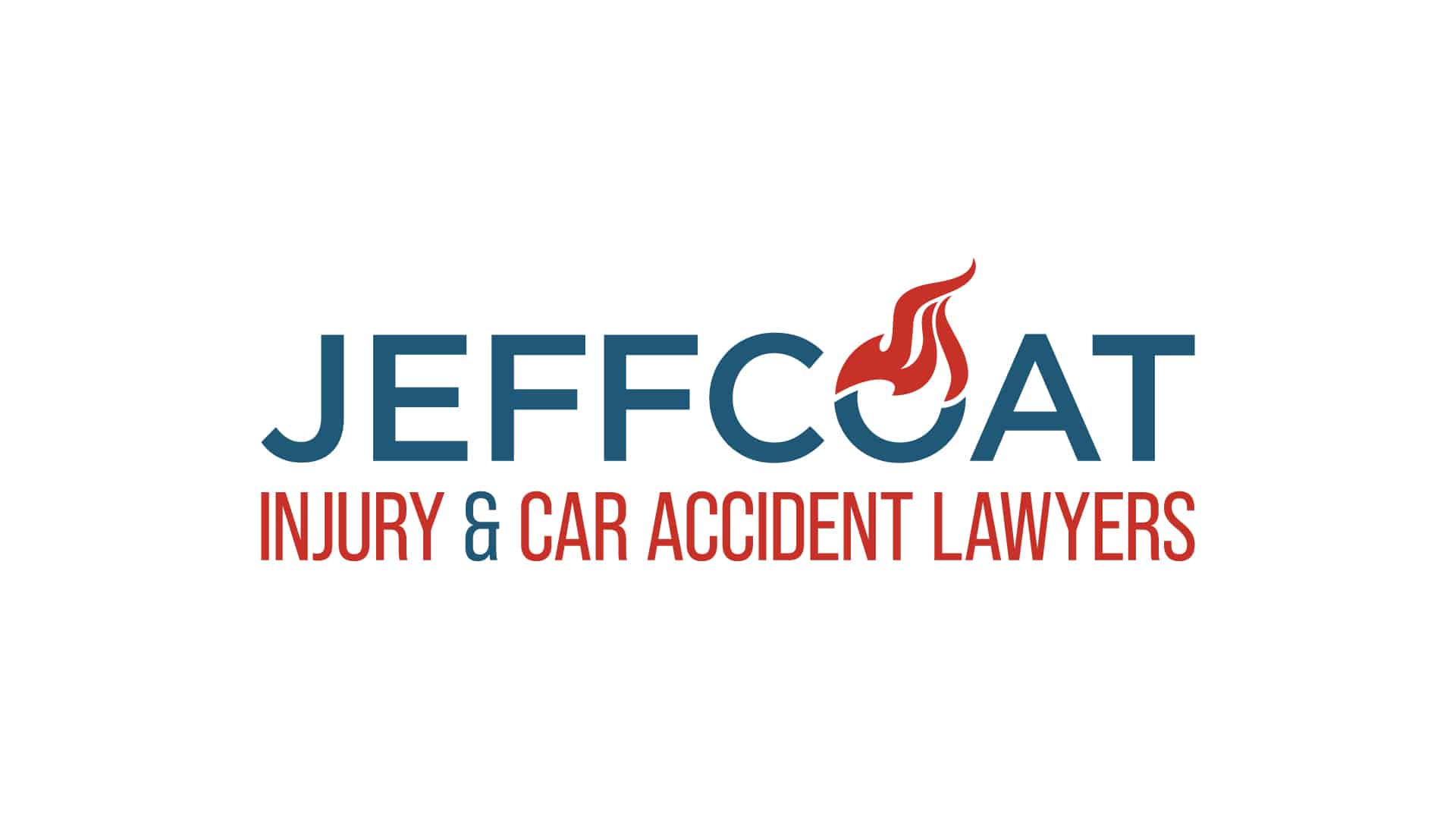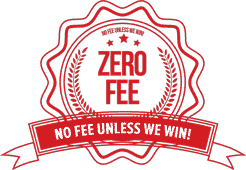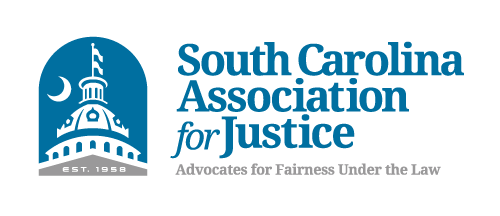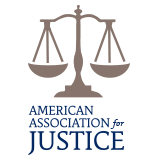Every year in the United States, 29 million people over the age of 65 experience a fall and suffer injuries. Twenty-eight thousand of them will die as a result.
Being involved in a slip and fall accident can cause more than just injuries; if you’re not careful, you could end up being financially responsible for medical bills, fees, and other expenses. However, if you arm yourself with the right information after a slip and fall injury, you could avoid several additional problems.
Let’s take a look at the steps you need to take post-slip and fall.
8 Steps to Take After A Slip And Fall Accident
No one ever plans an injury, but in the case that it does happen, don’t be left high and dry. Follow this outline to be prepared.
1. Seek Medical Attention
When you fall, initially you might think you’re okay. However, injuries sometimes reveal themselves later, so the first thing you need to do is be seen by a medical professional. They can evaluate and inform you of the extent of your injuries and determine the proper medical treatment needed.
Be sure to point out every pain, no matter how small. Ensure they’ve documented everything because you will need it to prove your case.
2. Collect And Save Evidence
Sometimes slip, and fall cases go awry because of lack of evidence. After the fall, it’s critical that you collect as much evidence on your fall as possible. Take photos of where the accident occurred, what you believe caused it (holes, liquid, spills, blocked exists, falling debris, broken railings etc.).
Never try to return to the site of the accident and take photos; take them immediately. One of the reasons why it’s so important is because the site will likely change. The liquid evaporates or is cleaned, and holes are filled in – so taking those photos right away provides you with real evidence necessary to build a case. Don’t forget to capture any injuries you may have before you see a doctor.
Go so far as to keep your clothing, shoes, and any other items you had the day of the fall, and take note of your activities before the accident. If anyone witnessed your fall (other civilians, shoppers, employees, for example), ask for their name and contact information to further your case.
3. Speak to No One
Believe it or not, spilling the details of the accident can be used against you, either by witnesses or property and building owners. They don’t want to be liable for the fall, so speaking, responding emotionally, or giving away any indication of what you think could be twisted in their favor.
Even apologizing (especially apologizing) can immediately indicate that you are responsible for the accident. Until it’s proven that you are (or are not), it’s best to keep quiet until further investigation.
If a company asks that you provide a recorded statement, you can refuse until you’ve spoken to a lawyer. Most likely, they’ll want to use the information you’ve said to ensure they’re not responsible for the accident.
4. Notify Someone About the Accident
Not speaking to anyone doesn’t mean you can’t report the accident – you must! Reporting it and discussing it are two different matters entirely.
If you fell on commercial or private property, you’ll need to report it to the owner or manager of that property, and they will write up an incident report stating what happened. Ask for a copy of the incident report and save it with other evidence.
5. Follow Up With Medical Treatments and Appointments
If your injuries are substantial and your physician has prescribed a specific treatment plan or medication, continue with the treatment. The insurance company will be keeping tabs on your progress, looking for any indication of improvement. If they discover you’re not following through with treatments or skipping appointments, they can use that against you, claiming you falsified your injuries or you’re doing better.
6. Determine the Cause of The Fall
Sometimes it’s difficult to pinpoint precisely how the accident happened in the first place. However, it’s so essential that you understand the cause of your fall.
Was someone digging a hole? Did someone spill hot coffee on the ground? Whatever the cause, it must be noted and documented; otherwise, there’s a minimal chance of building a case.
7. Don’t Interact With Insurance Companies
If an insurance company contacts you and asks you for a statement, you can also refuse. The same concept applies: they will use any comments to prove they’re not liable. They may even offer to pay for treatments to avoid a lawsuit.
Always speak to a lawyer first before responding to anyone else about the details of the accident.
8. Hire A Lawyer to Take Your Case First
There are several facets to a slip and fall case, which means anything can go wrong. Your best course of action would be to hire a slip and fall lawyer.
Slip and fall lawyers are well-versed and detailed in their cases. They understand the ropes of the insurance companies, large corporate legalities, and so forth. If you want sound representation (especially if you’re up against a monstrous corporate company), hiring an experienced lawyer will benefit you.
Slip And Falls: Not A Laughing Matter
A slip and fall accident can be a severe matter. When the proper steps and behaviors are practiced after an accident, you can avoid other significant problems and lessen the blow.
Are you suffering from a slip and fall? Contact our firm today and let us represent you.
